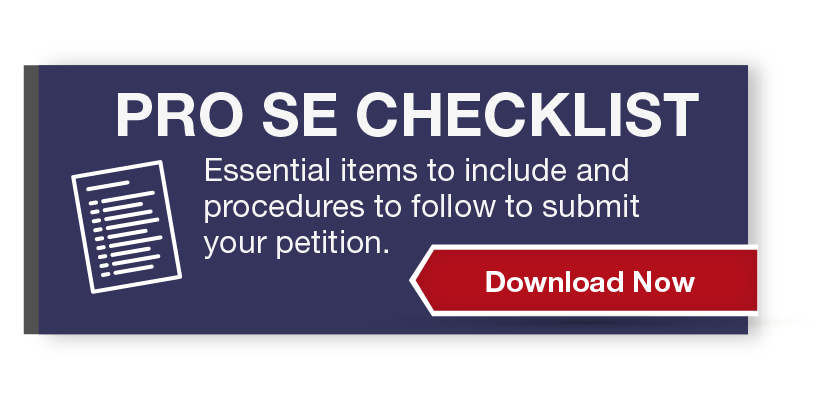At Cockle Legal Briefs we work with a great variety of customers, including incarcerated prisoners appealing to the U.S. Supreme Court as pro se litigants. Prisoners who believe that some aspect of their conviction or confinement is unlawful are entitled to bring their cases to the courts—even as far as the highest Court.
 Some prisoners contact us by mail, or through a relative. Some are able to call us, or even send an email through services available at some institutions. Our correspondences with these pro se litigants can be more complex and less immediate than our other work, but with experience and patience our staff has helped many prisoners file timely petitions.
Some prisoners contact us by mail, or through a relative. Some are able to call us, or even send an email through services available at some institutions. Our correspondences with these pro se litigants can be more complex and less immediate than our other work, but with experience and patience our staff has helped many prisoners file timely petitions.
Why Prisoners File As Pro Se Litigants
The Sixth Amendment to the U.S. Constitution expressly guarantees criminal defendants a right to counsel:
In all criminal prosecutions, the accused shall enjoy the right…to have the assistance of counsel for his defense. U.S. Const. amend. VI.
For a long time, American courts read the Sixth Amendment to simply guarantee the right of any criminal defendant to hire his own attorney. Then a series of Supreme Court cases began to expand the reading of the Amendment to include a right to appointed counsel for indigent defendants. See Powell v. Alabama, 287 U.S. 45 (1932); Johnson v. Zerbst, 304 U.S. 458 (1938); Gideon v. Wainwright, 372 U.S. 335 (1963).
In 1963, the Court held for the first time that the right to court-appointed counsel extends beyond the initial prosecution, and into the appellate processes. Douglas v. California, 372 U.S. 353. However, the Douglas opinion expressly limits court-appointed counsel to just those appeals that are available as a matter of right. Many courts, like the U.S. Supreme Court, review appeals by petition, and not as a matter of right. Furthermore, civil actions—even those closely associated with criminal proceedings, like habeas applications and alien deportations—are not subject to the Sixth Amendment at all.
Most jurisdictions do not appoint counsel to represent indigent prisoners in these situations. And most prisoners cannot afford to hire an attorney for these appeals.
Why Prisoner Pro Se Litigants File Paid Petitions
Most prisoner pro se litigants file on the Court’s in forma pauperis docket. Prisoners, and other indigent filers, can file their petitions in a regular-size, 8½ x 11 inch paper document, along with an affidavit that describes the petitioner’s financial resources. If the Court grants the IFP application, it waives the filing fee and accepts the unformatted brief.
But the Court often denies IFP applications, even some of those submitted by incarcerated persons. The petitioner then has twenty-one days to either pay the filing fee and submit a formatted booklet brief, or abandon the appeal altogether. For many prisoner pro se litigants, the case is simply too important to let go. That’s when they contact Cockle Legal Briefs to format and print the petition.
Another reason for a prisoner pro se litigant to file a paid petition can be found in the numbers. As you can see in this recent post by my colleague Mathew Planalp, paid petitions are granted at a much higher rate than IFP petitions. In the 2012 Term, the Court granted over five percent of paid filings, but just one tenth of one percent of IFP petitions.
Again, a prisoner pro se litigant usually has a significant question riding on the outcome of the petition. So filing a paid petition booklet can be a good way to make his last shot, his best shot.

